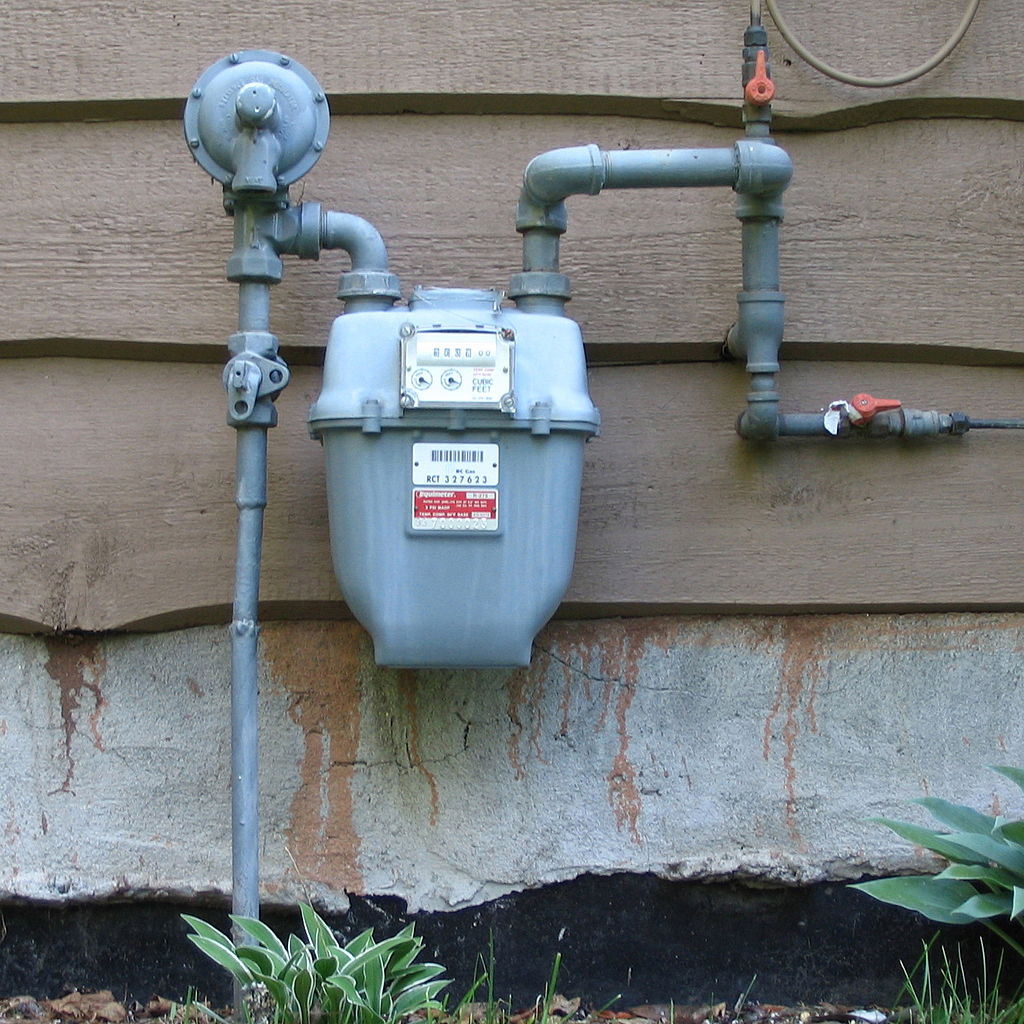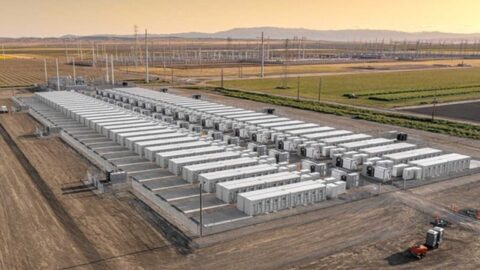Stopping the self-deal: Preventing pipeline investors from offloading risk on ratepayers
 A recent report published by Oil Change International highlights the failure of regulators to protect ratepayers against utility affiliate-backed contracts for new pipeline capacity -in other words, when a regulated utility acts as both the developer and customer for a new pipeline. It’s a widespread and growing issue. Case in point: Con Ed’s investment in the proposed Mountain Valley Pipeline in West Virginia and Virginia, hundreds of miles from Con Ed’s New York service territory.
A recent report published by Oil Change International highlights the failure of regulators to protect ratepayers against utility affiliate-backed contracts for new pipeline capacity -in other words, when a regulated utility acts as both the developer and customer for a new pipeline. It’s a widespread and growing issue. Case in point: Con Ed’s investment in the proposed Mountain Valley Pipeline in West Virginia and Virginia, hundreds of miles from Con Ed’s New York service territory.
Con Ed claims that signing up for transportation service on the pipeline will result in cost savings for customers. But the day Con Ed signed up as a pipeline customer, the company also formed a new “midstream” entity to invest in the pipeline. The new unregulated entity shares the same corporate parent as the regulated utility, but operates under significantly different rules and legal obligations. This transactional structure means that Con Ed’s ratepayers would be on the hook for paying for the project, while Con Ed’s midstream arm will enjoy a return in excess of risk. From the company standpoint, it’s heads-I-win, tails-you-lose.
Extra scrutiny for self-dealing transactions
One recommendation from the Oil Change International report is that state regulators should “apply heightened scrutiny to determine whether rate hikes related to new pipeline transportation costs are just and reasonable, especially when affiliate self-dealing is involved.” At EDF, we recently took two key steps to lay the groundwork for this heightened review to occur in New York.
First, we engaged the Applied Economics Clinic, housed within Tufts University, to answer the question of how much Con Ed’s Mountain Valley Pipeline contract will actually cost customers. The results were staggering. Over the course of the 20-year contract, customers will pay approximately $1.2 billion in total costs, and a net (excess) cost of $600 million.
EDF also has been working to ensure that a forum will be available to challenge these costs, as opposed to simply passing them along to ratepayers without a blink. The laws in New York prevent utilities from charging “unjust and unreasonable” costs to customers.
We filed a petition with the Commission to confirm that gas transportation contracts—such as Con Ed’s—are subject to these legal requirements. The very same day, NRDC chimed in to support EDF on both fronts. This is a first, but important, step to ensure regulators apply heightened review to these types of affiliate agreements.
This post was updated on October 20th.












